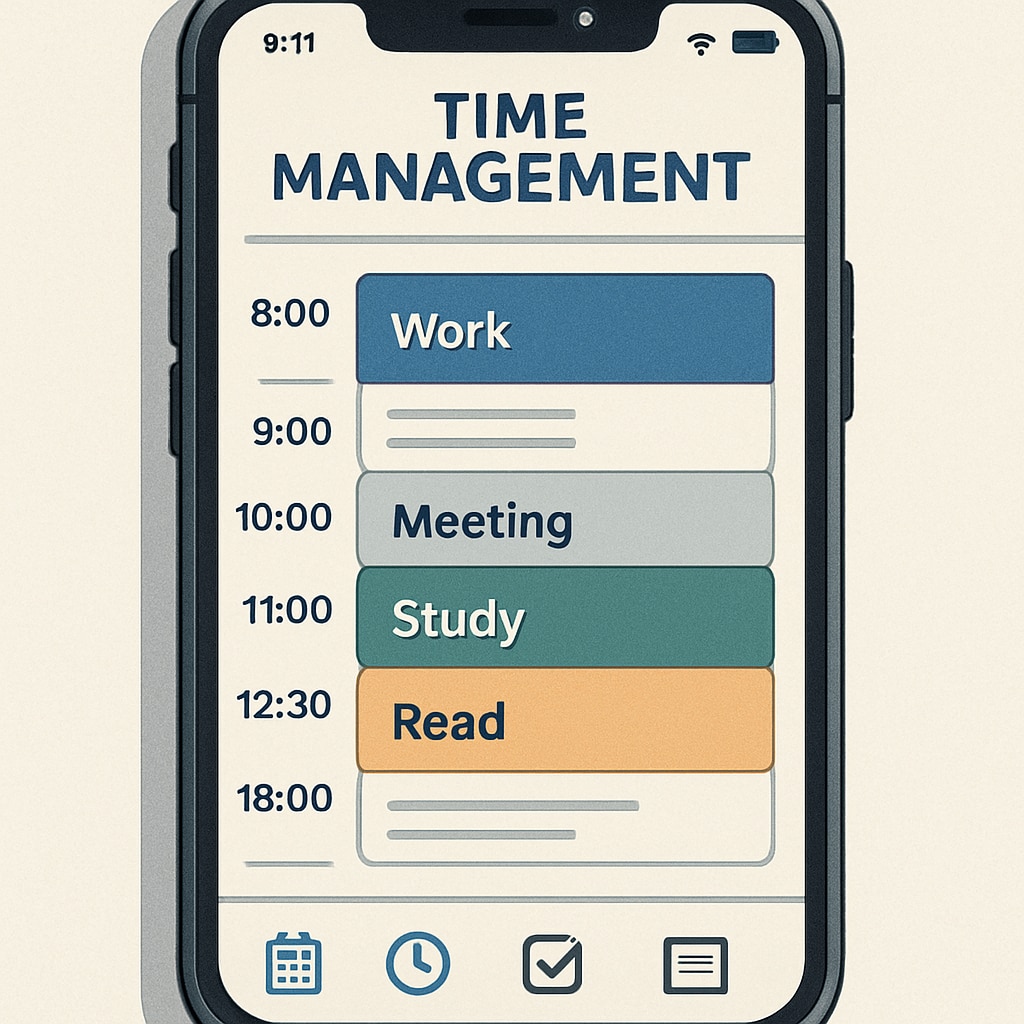For professionals over 30, balancing degrees, career growth, and continuing education can feel like walking a tightrope. With increasing workplace demands, family responsibilities, and the desire for career advancement, many face a tough choice: invest time and money in further education or focus on gaining more professional experience. This decision is not just about academics; it’s about shaping your future in a fast-changing job market.
Why Professionals Over 30 Struggle with Continuing Education
As professionals progress in their careers, the idea of pursuing a degree or certification often becomes more complex. On one hand, a higher degree may open doors to promotions or new opportunities. On the other hand, the cost—in terms of time, money, and energy—can be overwhelming. Work obligations, personal commitments, and the unpredictability of life add layers of complexity to this decision.
For example, higher education often requires extensive time for classes, assignments, and networking. Balancing this with professional deadlines can lead to burnout. Furthermore, the financial investment in tuition and materials can be substantial, making it a decision that must be carefully weighed against potential career benefits.

Key Factors to Consider: Is Continuing Education Right for You?
Before enrolling in a program or certification, professionals should evaluate their personal and professional goals. Here are some essential factors to consider:
- Industry Requirements: Does your industry value advanced degrees or certifications? Fields like healthcare or IT often require ongoing education to stay competitive.
- Return on Investment (ROI): Will the degree or certification significantly impact your salary or career trajectory? Research potential earnings and job opportunities post-completion.
- Time and Energy: Can you realistically manage both work and study? Consider part-time programs or online courses for greater flexibility.
- Financial Impact: How will tuition fees and other expenses affect your finances? Look for scholarships, employer reimbursement programs, or low-interest education loans.
Taking these factors into account can help professionals make an informed decision that aligns with their long-term goals. For more detailed guidance, exploring resources such as continuing education programs can provide additional insights.
Practical Strategies for Balancing Work and Education
If you decide to pursue further education, the next challenge is managing it alongside your career. Here are some actionable strategies:
- Flexible Scheduling: Opt for online or evening programs that allow you to study at your own pace.
- Set Clear Boundaries: Allocate specific hours for work, study, and personal life to avoid overcommitment.
- Leverage Employer Support: Many employers offer tuition reimbursement or flexible work arrangements for employees pursuing education.
- Time Management Tools: Use apps like Trello or Google Calendar to stay organized and track deadlines.
By implementing these strategies, professionals can reduce stress and maintain a healthier work-life balance while pursuing their educational goals.

Making the Right Choice for Your Future
Ultimately, the decision to pursue continuing education is deeply personal and depends on individual circumstances. Some professionals may find that gaining practical experience or leveraging existing skills is more beneficial than pursuing another degree. Others may discover that advanced education is the key to unlocking new career opportunities.
Whatever you decide, it’s important to approach the decision with clarity and purpose. Reflect on your long-term goals, assess your current situation, and seek advice from mentors or industry professionals. Remember, investing in your education is also an investment in yourself—and the returns can be life-changing if aligned with your aspirations.
Readability guidance: Use short paragraphs and bullet points to summarize key points. Keep sentences concise, incorporate transition words, and maintain a balance between professional and practical advice.


